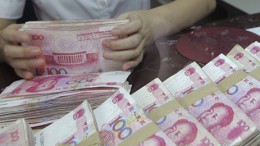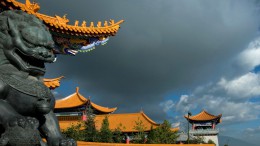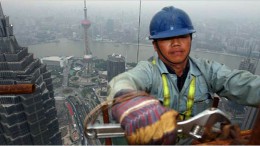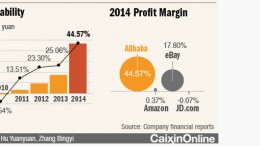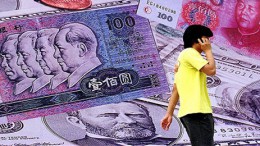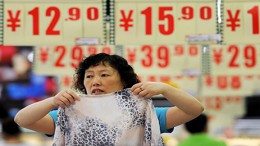China under the markets’ spotlight: What is really going on?
MADRID | By Ana Fuentes | Protests in Honk Kong have served to put even more pressure on Beijing’s economy, which is already struggling to maintain growth, boost household consumption and ease credit lending. The last monetary easing by the country’s central bank and the rumours that its governor could be replaced for being too reform-minded has seen certain questions arise. Are they pertinent or just distorting noise?

